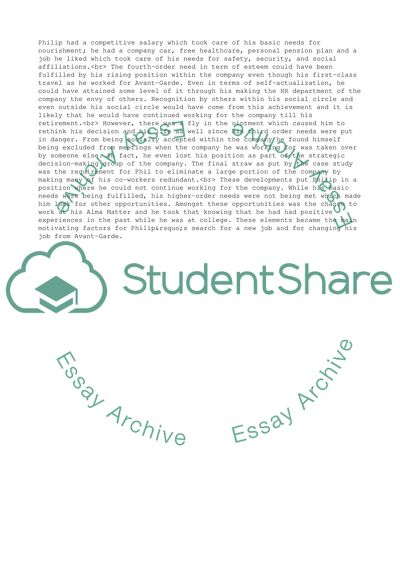Cite this document
(Ways to Make Employee Empowerment Fail Assignment, n.d.)
Ways to Make Employee Empowerment Fail Assignment. Retrieved from https://studentshare.org/business/1547642-manage-people-and-performance
Ways to Make Employee Empowerment Fail Assignment. Retrieved from https://studentshare.org/business/1547642-manage-people-and-performance
(Ways to Make Employee Empowerment Fail Assignment)
Ways to Make Employee Empowerment Fail Assignment. https://studentshare.org/business/1547642-manage-people-and-performance.
Ways to Make Employee Empowerment Fail Assignment. https://studentshare.org/business/1547642-manage-people-and-performance.
“Ways to Make Employee Empowerment Fail Assignment”, n.d. https://studentshare.org/business/1547642-manage-people-and-performance.


